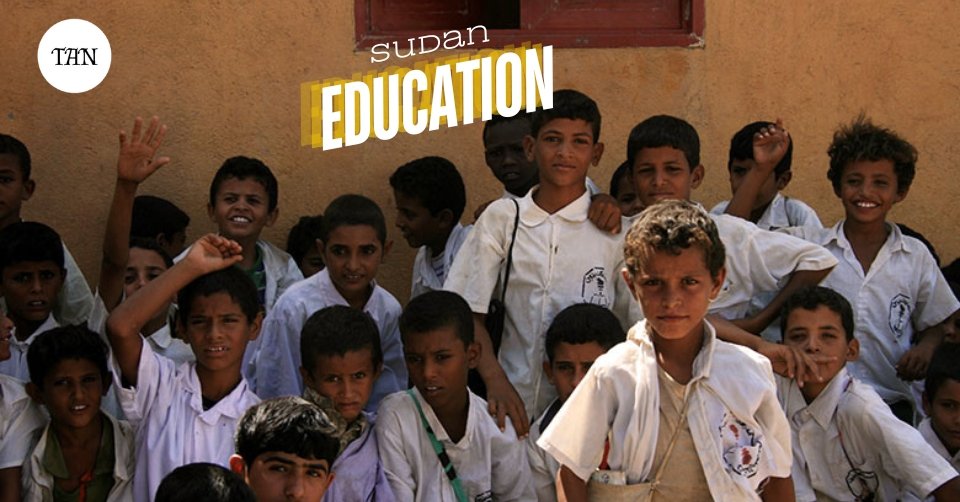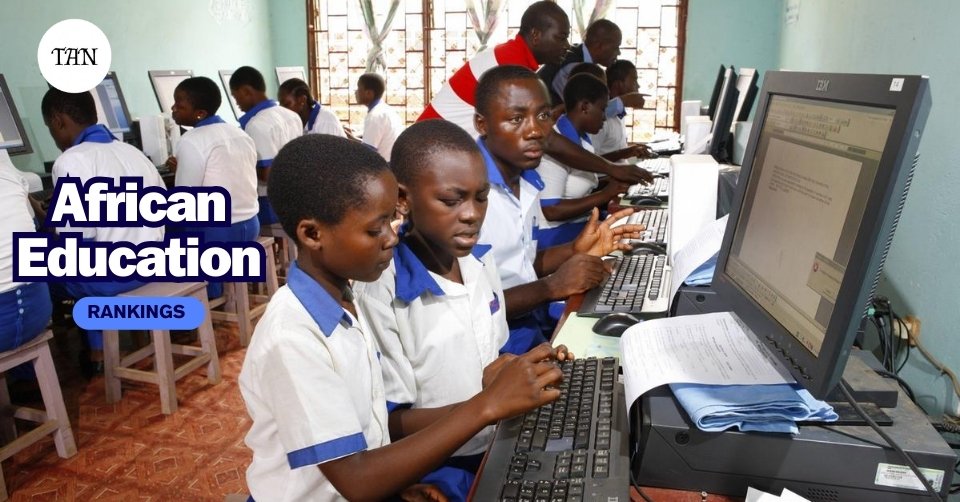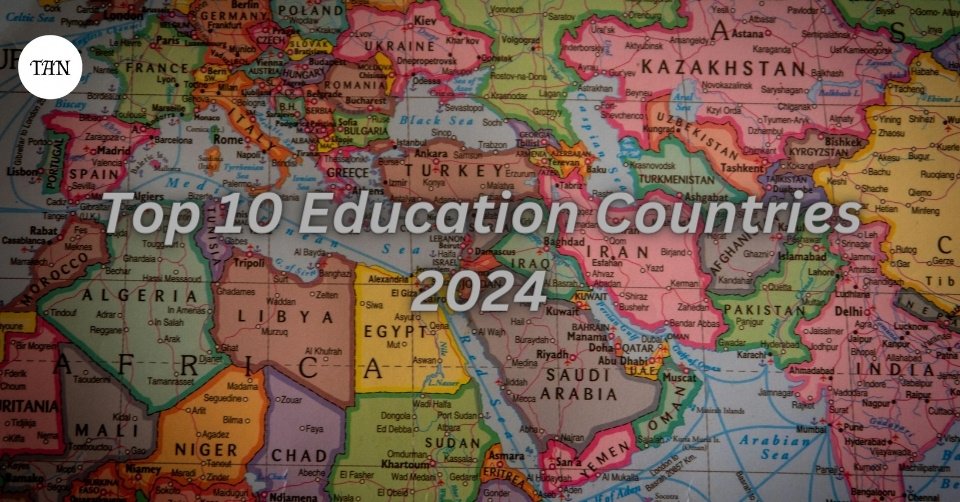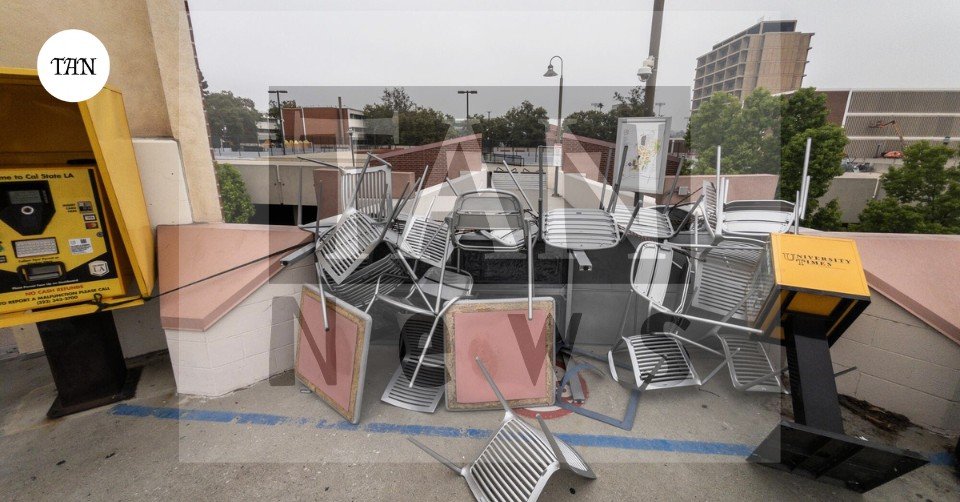Education is a critical area of development, and as such, in the African continent alone we find various achievements and experiences. This article gives another rating regarding the African nations concerning the educational systems in the year 2024 with special reference to Sudan the education facilities where conflict plays an influential role.
Top Education Systems in Africa (2024)
- Seychelles
- Global Rank: 43rd
- Points: 69.3
- Literacy Rate: Very high
- Remarks: Seychelles has also been honored as the first country in Africa to meet UNESCO’s “Education for All” objectives. The country has elaborate policies that make it easy for many to enroll and complete their education.
- Tunisia
- Global Rank: 71st
- Points: 61.4
- Literacy Rate: High
- Remarks: Tunisia is committed to spending 20 percent of its national budget on education, which stresses on both access and quality, and has achieved noteworthy advancement in education.
- Mauritius
- Global Rank: 74th
- Points: 61
- Literacy Rate: High
- Remarks: The government of Mauritius requires children to attend school until the age of 16 and ensures equal focus on academic and vocational education, which in return helps in getting a high ranking.
- South Africa
- Global Rank: 84th
- Points: 58.4
- Literacy Rate: 94%
- Remarks: Nevertheless, inequality and distribution of resources are some of the challenges that affect education system in South Africa; nonetheless, South Africa’s schooling quality is relatively sound because; the country embraces high literacy levels and well established educational facilities.
- Algeria
- Global Rank: 88th
- Points: 57.4
- Literacy Rate: 75%
- Remarks: It is important to note that education in Algeria is free and compulsory for children between the ages of six to fifteen years. Education is one of the most important sectors that have been given a lot of attention by the government of the country and as a result, literacy levels and standards in all schools have recorded significant boost.
- Botswana
- Global Rank: 92nd
- Points: 56.7
- Literacy Rate: 88%
- Remarks: Education is mandatory in Botswana and the baseline age of school attendance begins at four and ends at eighteen years. One of the biggest strengths that the country’s education system has is that it receives rather big attention and funding from the government.
- Kenya
- Global Rank: 95th
- Points: 55.4
- Literacy Rate: 78.7%
- Remarks: The Kenyan government has the prospect of spending about 17 percent of the country’s GDP on the health sector. It has raised its commitment to education spending to 58 percent of its national budget, arguing for whole-system education reform and digital literacy since both of these strategies have greatly helped to advance the country’s standing.
- Cape Verde
- Global Rank: 98th
- Points: 53.3
- Literacy Rate: 80%
- Remarks: Cape Verde currently provides free and mandatory primary education to children who are six years and above to the age of fourteen; with more focus on literacy and analytical skills.
- Egypt
- Global Rank: 99th
- Points: 52.8
- Literacy Rate: 71%
- Remarks: This is the right age whereby children are supposed to undergo compulsory education in Egypt with an age range of six to fifteen. Still, there a lot of problems raised and the country develops its training and educational environment in the sphere of digital competencies.
- Namibia
- Global Rank: 100th
- Points: 52.7
- Literacy Rate: 88.2%
- Remarks: Namibia has laid down a law that requires students to enroll in school between the age of six and sixteen. The education system and related infrastructure of the country also has seen a positive change over these years.
Sudan’s Education Amid Conflict

Sudan – once implementing progressive changes towards more education – is now experiencing significant interruptions because of the escalating unrest. It has led to displacement and many other problems proving detrimental to the education systems of the country. School are shut or serve as places of refuge many have been turned into camp zones and funding has being shifted to basic relief operations.
The humanitarian situation prevailing in Sudan means that, for most people, their educational achievements are way behind. Some schools are still functioning while others are closed and those that remain open are usually supplied with inadequate facilities and human resources meaning that the learners may not be able to get the quality education they deserve. As a result of the long years of conflict, enrollment ratios remain significantly low, the rates of school dropouts remain high, and there are scarcities in education materials and effective facilities.
For more detailed information on how the conflict is affecting Sudan, you can read the full article here: Ongoing Conflict in Sudan Escalates, Humanitarian Crisis Deepens.




